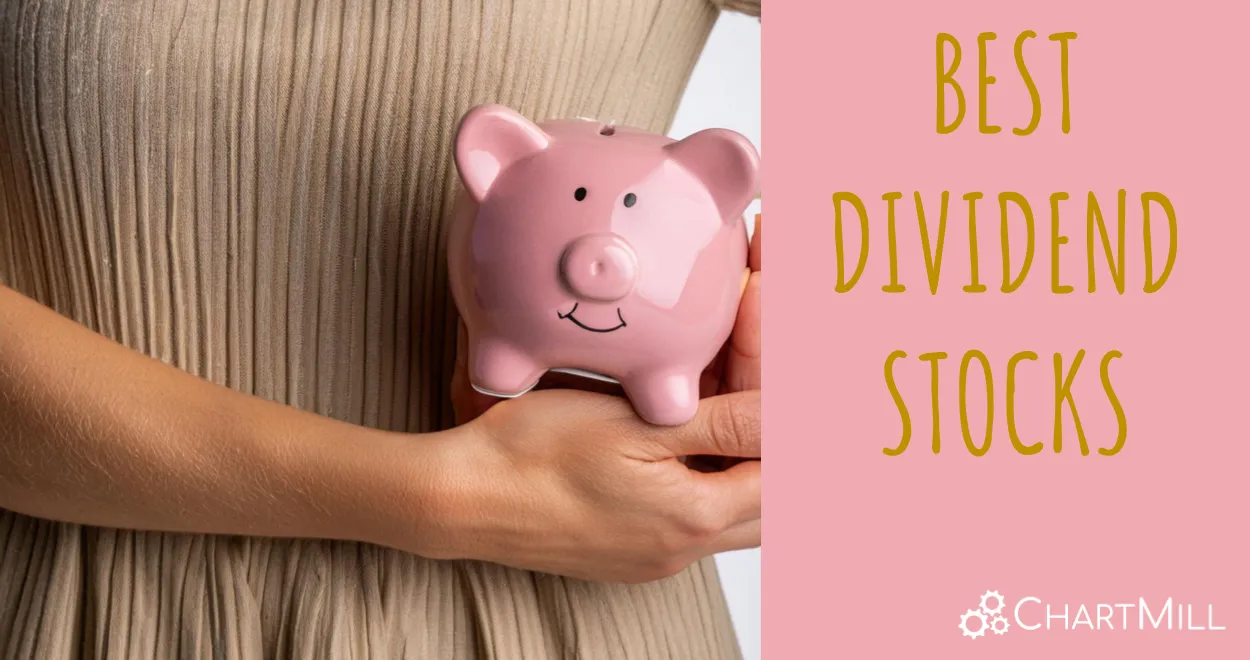Dividend investors frequently look for stocks that provide a steady income stream while ensuring financial stability and profitability. One way to find these stocks is by applying a dividend-focused screening strategy that selects companies with high dividend ratings, solid profitability, and sound financials. MERCK & CO. INC. (NYSE:MRK) appears as a strong candidate using this method, performing well across important metrics for sustainable dividend investing.

Why Merck Is a Top Choice for Dividend Investors
1. Reliable Dividend Profile
Merck’s dividend qualities make it a standout for income-focused investors:
- Dividend Yield: At 4.06%, Merck’s yield is higher than both the industry average (4.20%) and the S&P 500 average (2.40%). This places it ahead of many peers, providing an above-average income stream.
- Dividend Growth: The company has raised its dividend regularly, with an annual growth rate of 6.90% over the last five years. This shows a dedication to rewarding shareholders even in different market environments.
- History: Merck has paid dividends for at least 10 years without cuts, highlighting its dependability as a dividend stock.
Investors should be aware that 45.54% of earnings go toward dividends, which is somewhat high but still manageable given the company’s profitability. The payout ratio indicates sustainability, though future earnings growth will be crucial for continued dividend increases.
2. Profitability Backs Dividend Reliability
A strong dividend depends on the company’s ability to maintain it. Merck performs well here with a ChartMill Profitability Rating of 9/10, supported by:
- Healthy Margins: An operating margin of 37.12% and a profit margin of 27.27% rank Merck among the best in its industry, surpassing 96.89% of pharmaceutical competitors.
- Strong Returns on Capital: With a Return on Invested Capital (ROIC) of 20.84%, Merck produces significant profits relative to its capital, ensuring it can fund dividends while investing in growth.
These figures show that Merck’s dividends are supported by a highly profitable business, lowering the chance of cuts even in challenging economic times.
3. Financial Strength Offers Security
Dividend stocks also need sturdy balance sheets to handle downturns. Merck’s ChartMill Health Rating of 7/10 reflects a solid financial position:
- Solvency: The company’s Altman-Z score of 3.97 indicates minimal bankruptcy risk, and its debt-to-FCF ratio of 2.04 suggests it can manage obligations easily.
- Liquidity Factors: While its current and quick ratios are below industry averages, Merck’s strong cash flow helps address short-term liquidity needs.
This financial stability means Merck can keep paying dividends without sacrificing operational flexibility.
Valuation: An Extra Advantage
Beyond dividends, Merck seems undervalued compared to earnings:
- A P/E ratio of 10.49 is much lower than the S&P 500 average (27.03) and cheaper than 90.67% of industry peers.
- Its forward P/E of 8.15 further implies the market may be underestimating its growth potential.
For dividend investors, this valuation offers a safety net alongside an appealing yield.
Important Factors to Watch
While Merck’s dividend growth has exceeded earnings growth lately, analysts expect modest EPS growth of 5.96% annually, which could limit future hikes if not achieved. Investors should track whether earnings can support dividend commitments.
Discover More Dividend Stock Options
Merck is just one of many high-quality dividend stocks found through our screening approach. For more ideas, use the "Best Dividend Stocks" screen to find other companies with strong dividend ratings, profitability, and financial health.
For a closer look at Merck’s fundamentals, check its full fundamental analysis report here.
Disclaimer: This article is not investment advice. Always do your own research or consult a financial advisor before making investment decisions.






